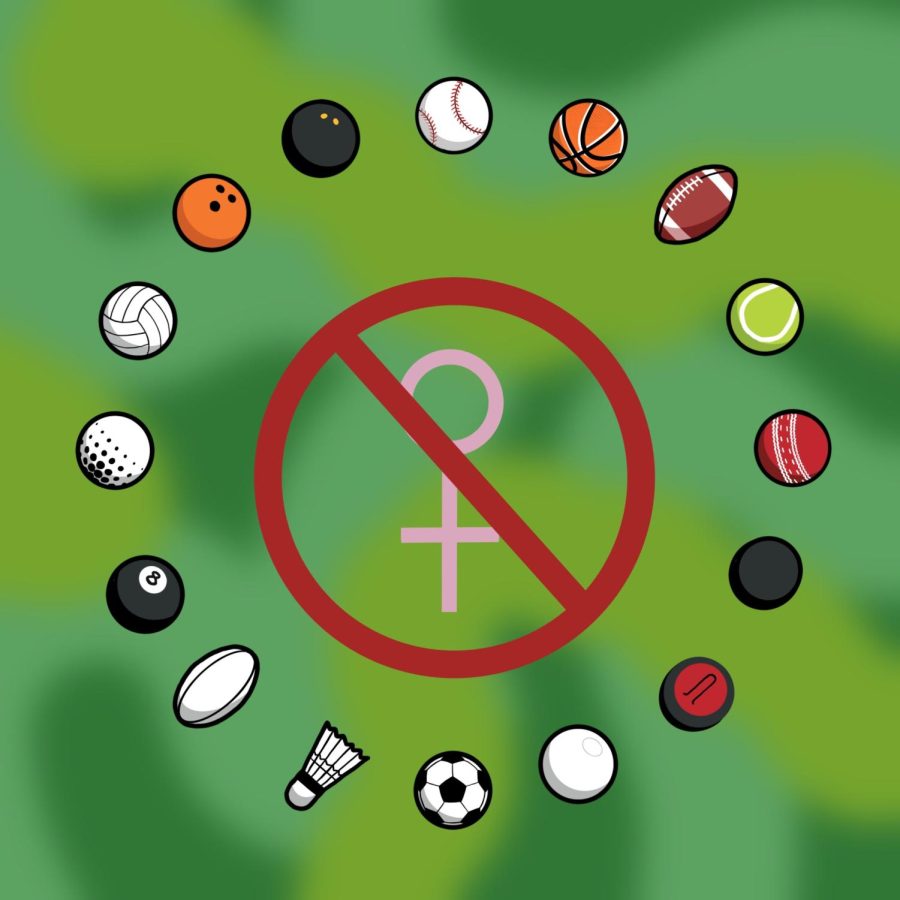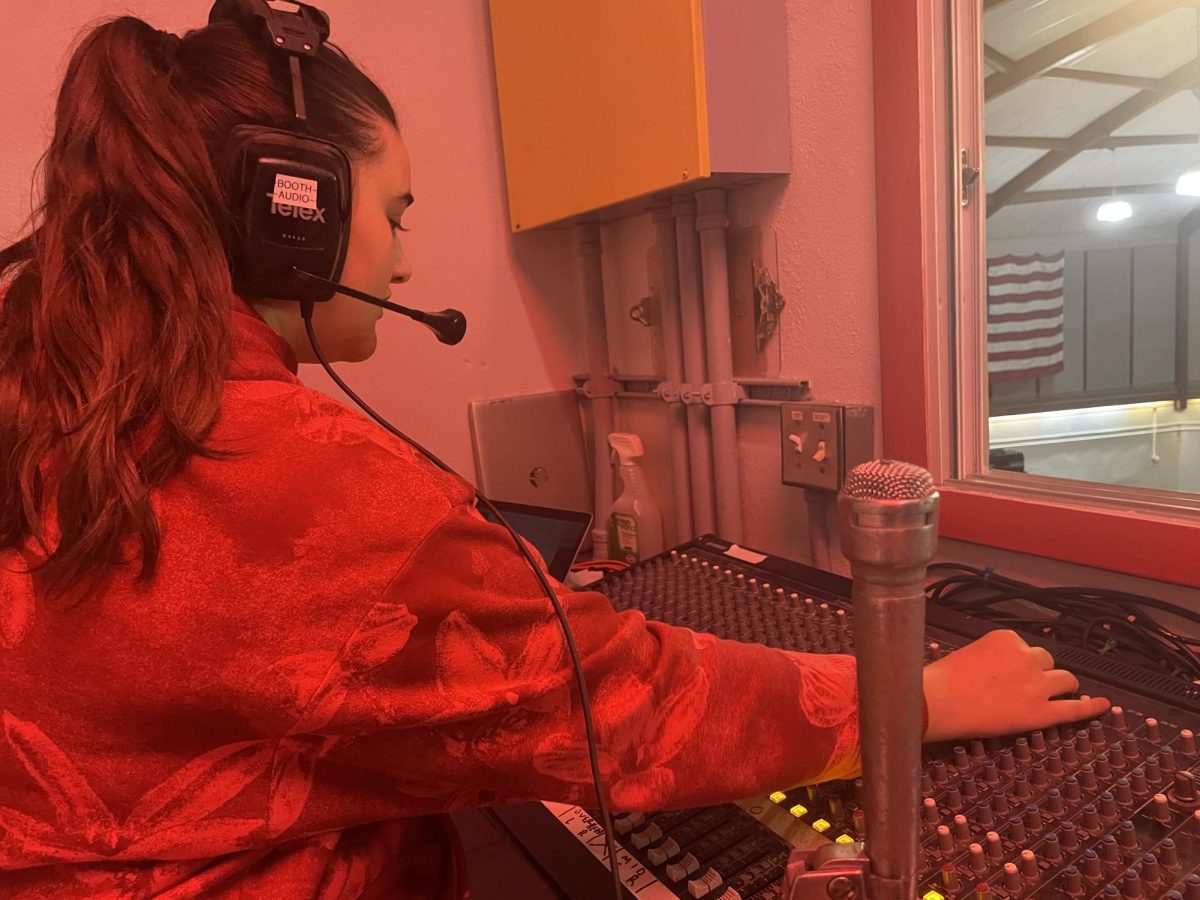Misogyny in Sports: Women Proving They Can Do Anything “Like a Boy”
Female athletes, those deemed unable to meet the same athletic caliber as male athletes, have had enough.
Feb 24, 2022
Aside from hamburgers and American arrogance, the United States’ affinity for sports is immense and one of the defining factors of our nation. Sunday night football games, the Super Bowl, the World Cup, the National Basketball Alliance and so much more draw in the attention of millions both in and out of the country year round. Gathering for a quick barbeque then sitting around a flat screen TV, viewers watch exciting matches on a wide variety of sports that all seem to have a common denominator: the players are male. In the U.S. the top most viewed sport is American Football followed by men’s basketball and baseball. Behind the scenes, there is a lingering problem for these sports that sheds light on how male sports in the U.S. are considered top tier, while women’s sports are trailing behind and continue lacking widespread recognition or funding.
For years women have had to go through experiencing underfunding in the world of athletics due to the lack of respect for their sports. Recently, the Louisiana State University dance team, the Tiger Girls, won first place for HipHop at the Universal Dance Alliance National Competition making them National Champions. They performed a routine to the song “Like a Boy” by Ciara, a song that would prove to hold a deeper meaning than intended.
“I [as a Gablette] thought that [the LSU dance team’s performance] brought out an important message and it was very inspiring to other girls,” senior Sophia Perez said.
In the previous year, however, the Tiger Girls did not compete at all. Not because they did not want to, but rather they were not provided funding to compete either in-person or online supposedly due to COVID-19. If the lack of funding had been due to the ongoing pandemic then it makes no sense considering all other sports, such as men and women’s baseball continued playing games; players were even allowed to remove their masks. Though some women teams were allowed to experience an almost normal season, there is some discussion that this was mainly due to their male counterparts; if the same sport had different regulations, institutions would potentially get caught by the masses on their clear misogyny.
Ultimately, it is obvious that the pandemic was used as an excuse to not provide the dance team with funding to compete. Regardless of the setback of not being able to perform the previous year, the LSU dance team came back stronger than ever and became National Champions, proving they can be “Like a Boy” and excel in the athletic world.
“I thought LSU was very inspiring and it emphasizes that women can do anything,” sophomore Brittney Sue Villa said.
Even women of utmost popularity continue undergoing horrific levels of sexism. Serena Williams, deemed one of the greatest tennis players of all time, has dealt with her fair share of problems in the sports realm. Back in 2018, she accused an umpire of being sexist after handing several dress code violations, never once done for male players. Moreover, she was even deducted points for speaking up about the dress code violations. It is clear her attempt to speak up subsequently prompted a negative effect on her sports career: something totally delineated from her attire.
Overall, misogyny in sports is beyond apparent and needs to be addressed. The wage gap along with the dress coding and apparent disregard for females in sports is a clear example of the continued sexism in society, and it is past time to eliminate the misogyny that continues to prevail in sports and otherwise.













